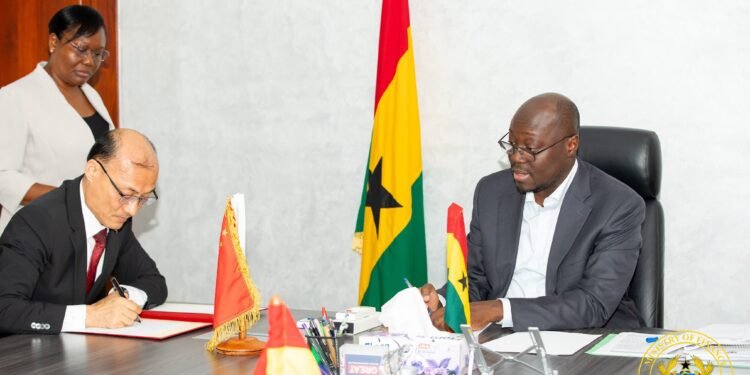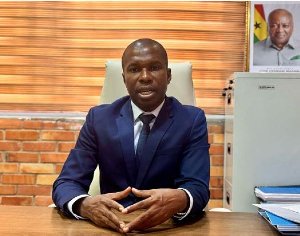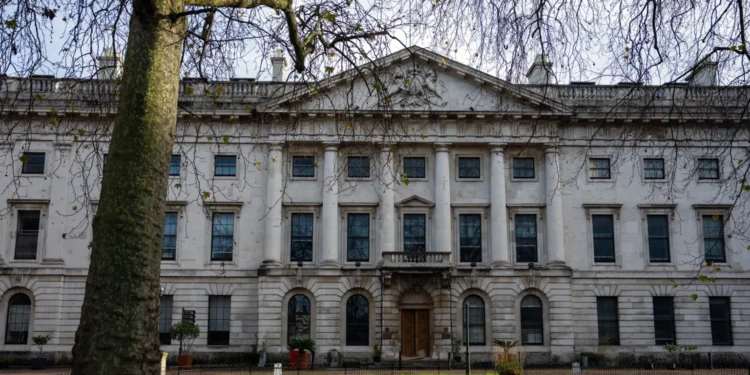Central banks in Africa’s biggest economies, according to Bloomberg, are poised to raise interest rates this month to contain sticky inflation and deter a selloff in their assets, heightened by the collapse of US lender – Silicon Valley Bank and stress at Credit Suisse Group AG.
Nigeria, South Africa, Egypt, Morocco and Kenya are projected to raise borrowing costs in the next two weeks.
However, monetary authorities in nations such as Ghana and Angola, where inflation is on a downswing, are predicted to hold. Six smaller African economies will stake out different approaches to bring prices under control and deal with the contagion caused by the global banking crisis.
A gauge for government dollar bonds in Africa has dropped for the past seven days, pushing the yield on the average security on the continent up 164 basis points to 14.36%. That’s the highest level since 3rd November, 2022. All the bonds in the index have been rated junk.
While investors have rushed to the safety of bonds in general amid the crisis, they have favored quality credit and sold sub-investment grade securities.
According to reports, the Federal Reserve’s rate path will also be key in decision making, with the expectation of a slowdown in monetary tightening in the US. This is as a result of the banking turmoil which could weaken demand for the greenback, and projected to cut developing nations’ cost of servicing their dollar-denominated debt, making their imports less costly and help them draw more international investment.
African Inflation, Policy Rates Projections Polled By Economists
BoG To Stick To 28% Policy Rate
Bloomberg’s economy survey expect the Bank of Ghana’s MPC to stick to its 28% monetary policy rate in the upcoming monetary policy rate announcement on Monday, March 27, 2023.
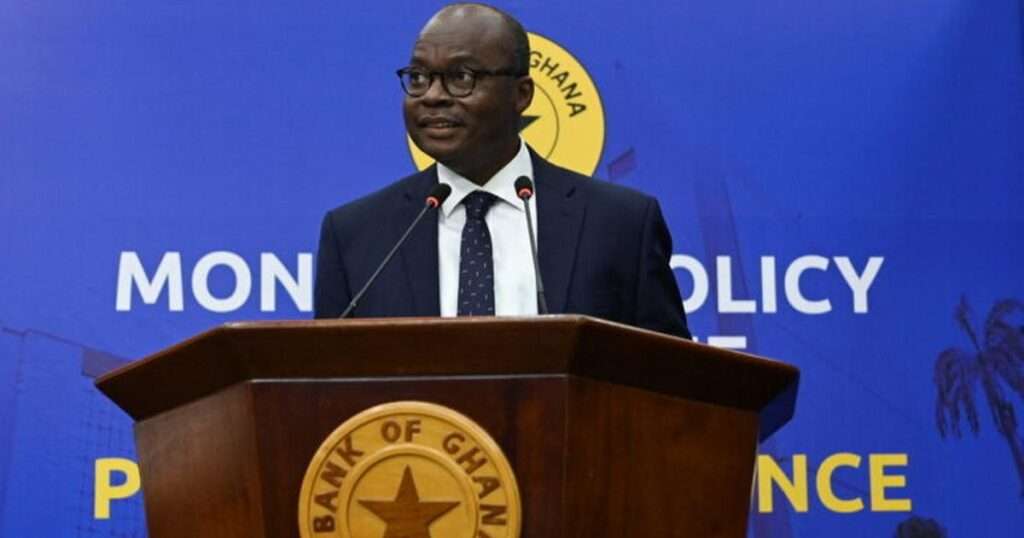
This, as disclosed by Bloomberg, was forecasted after the Central Bank lifted the benchmark interest rate by a combined 14.5 percentage points since November 2021, coupled with a declining inflation rate.
Ghana’s currency, which whipsawed in 2022 over concern about its ballooning debt load and then optimism about a provisional International Monetary Fund bailout, has been relatively steady this year, helping to keep inflation in check.
Angola MPC To Lift Rates By 50 basis points
More like Ghana, Euriteca Andre, an economist and university lecturer, has disclosed that the Banco Nacional de Angola’s monetary policy committee will likely hold its key interest rate after a 150 basis-point cut in January, the steepest since July 2018.
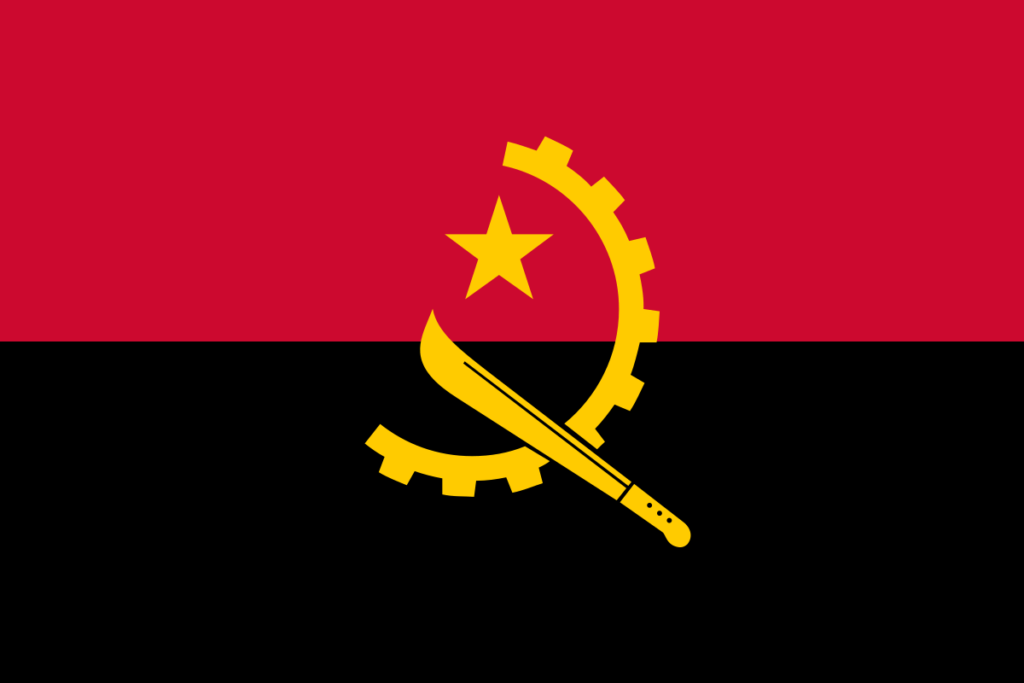
The committee, as stated by Euriteca Andre, will be concerned about the impact of SVB’s collapse, a drop in the price of Brent crude, Angola’s main foreign-exchange earner, and how external economic uncertainties will impact the local currency.
Nigeria May Increase Rates To Rein In Stubborn Inflation
Meanwhile, Bloomberg further noted that Mohamed Abu Basha, head of macroeconomic research at Egyptian investment bank EFG Hermes, disclosed that policymakers in Nigeria are expected to extend their longest phase of monetary tightening in more than a decade to tame inflation that’s still near an 18-year high, adding that: “Rates have been increased by a cumulative 6 percentage points since May.”

Read also: GRA Mobilizes About GH¢85 Million To Revive Domestic Operations










